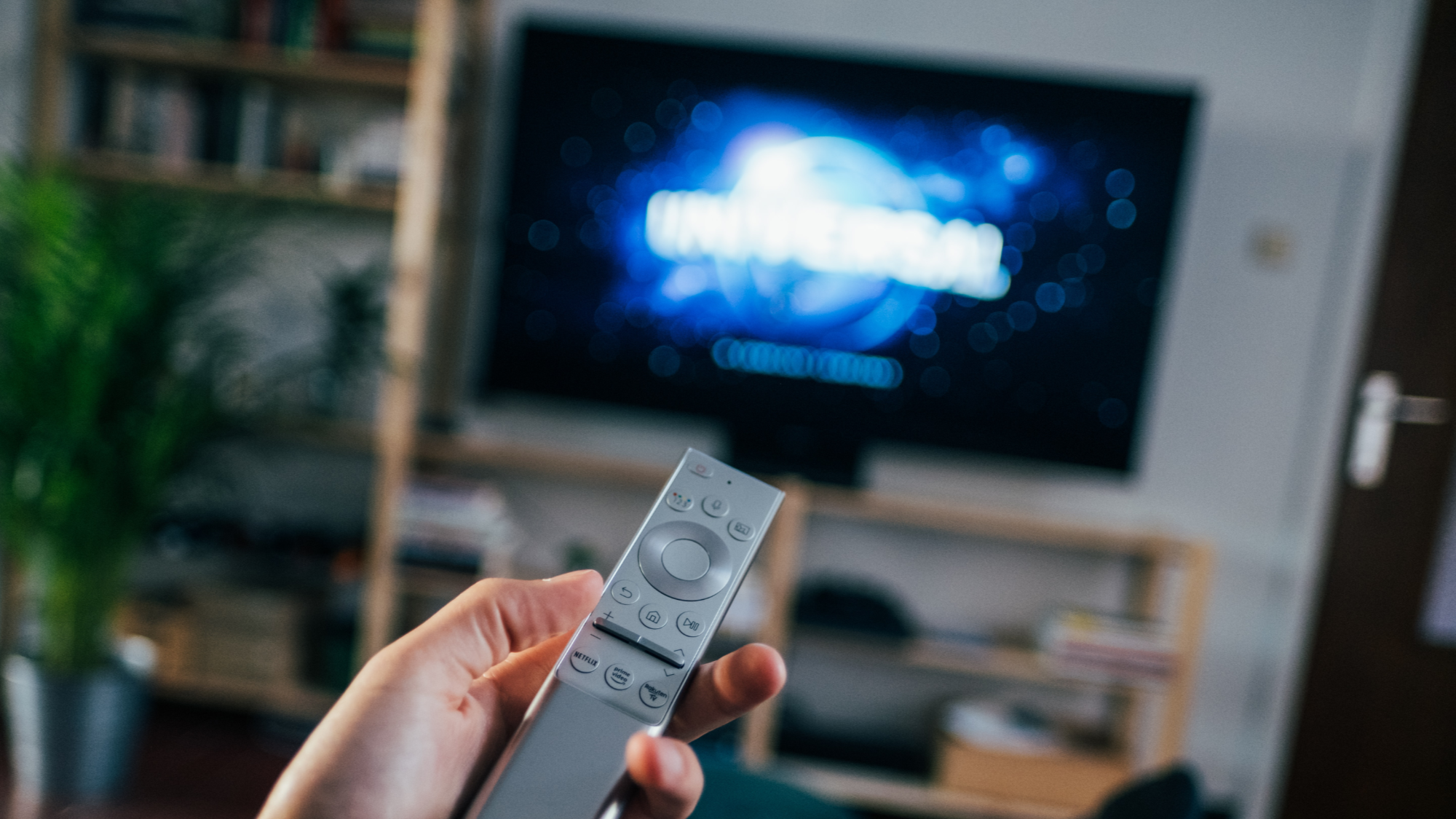The Ninth Circuit recently reversed a district court order denying Comcast Cable Communications, LCC’s (“Comcast”) motion to compel arbitration under the Federal Arbitration Act (“FAA”). In a 2-1 decision, the Ninth Circuit concluded that “public injunctive relief” within the meaning of the McGill rule was limited to prospective injunctive relief that aims to restrain future violations of the law for the benefit of the general public as a whole and that the plaintiff’s complaint was limited to a discrete class of persons who are cable subscribers of Comcast, not the general public.
Plaintiff brought a putative class action challenging Comcast’s privacy and data collection practices, alleging that Comcast violated the Cable Communications Policy Act of 1984 (“Cable Act”) and the California Invasion of Privacy Act (“CIPA”). Among the relief Plaintiff sought was an injunction requiring Comcast to notify its subscribers about its data-collection practices in the future. Comcast moved to compel arbitration pursuant to the plaintiff’s subscriber agreement.
Under California’s McGill rule, a contractual provision that waives the right to seek “public injunctive relief” in all forums is unenforceable. Finding that the plaintiff in this case sought public injunctive relief, the district court denied Comcast’s motion to compel arbitration under the McGill rule.
On appeal, the Ninth Circuit reversed the district court’s ruling, finding the McGill rule inapplicable on the grounds that this case involves injunctive relief to enforce the rights of a discrete group of consumers. The court emphasized the distinction between private injunctive relief—used primarily to resolve disputes between parties, with only incidental benefits to the public—and public injunctive relief, which primarily benefits the general public.
The panel noted that to interpret the McGill rule as applying to any injunction against future illegal conduct would ignore the limiting aspects of the McGill rule that saved it from preemption under the FAA in Blair v. Rent-A-Center, Inc. By contrast, a narrower reading of the rule conforms with the FAA’s objective of “facilitating streamlined proceedings” in arbitration.
The majority concluded that the injunctive relief plaintiff sought applied to a discrete group of persons—Comcast “cable subscribers”—as opposed to the public as a whole. Moreover, administering the relief would require consideration of the individual claims of numerous Comcast subscribers. The majority considered this a far cry from injunctions prohibiting the running of a false advertisement or requiring additional public disclosures in advertising that have previously been considered public injunctive relief under the McGill rule. The majority rejected the dissent’s argument that there was public injunctive relief because the agreement applied to current Comcast customers as well as members of the public deciding whether to become a Comcast subscriber.
The Ninth Circuit’s decision is a departure from the recent California Court of Appeal decisions in Mejia and Maldonado. Those decisions interpreted the McGill rule broadly, defining public injunctive relief as any forward-looking injunction that restrains any unlawful conduct. The Ninth Circuit declined to follow the California Court of Appeal’s reasoning, stating that Mejia and Maldonado were based on a “patent misreading” of California law.
This case, along with another recent Ninth Circuit decision finding that arbitration was not barred by the McGill rule, has implications for any organization attempting to enforce its arbitration clause over opposition seeking public injunctive relief. Specifically, it suggests that such organizations bring their motions to compel arbitration in federal court, rather than state court.
In addition, we are keeping an eye a petition for certiorari that has been filed for the Ninth Circuit case, HRB Tax Group, Inc. v. Snarr, determining whether the McGill rule is preempted by FAA.





